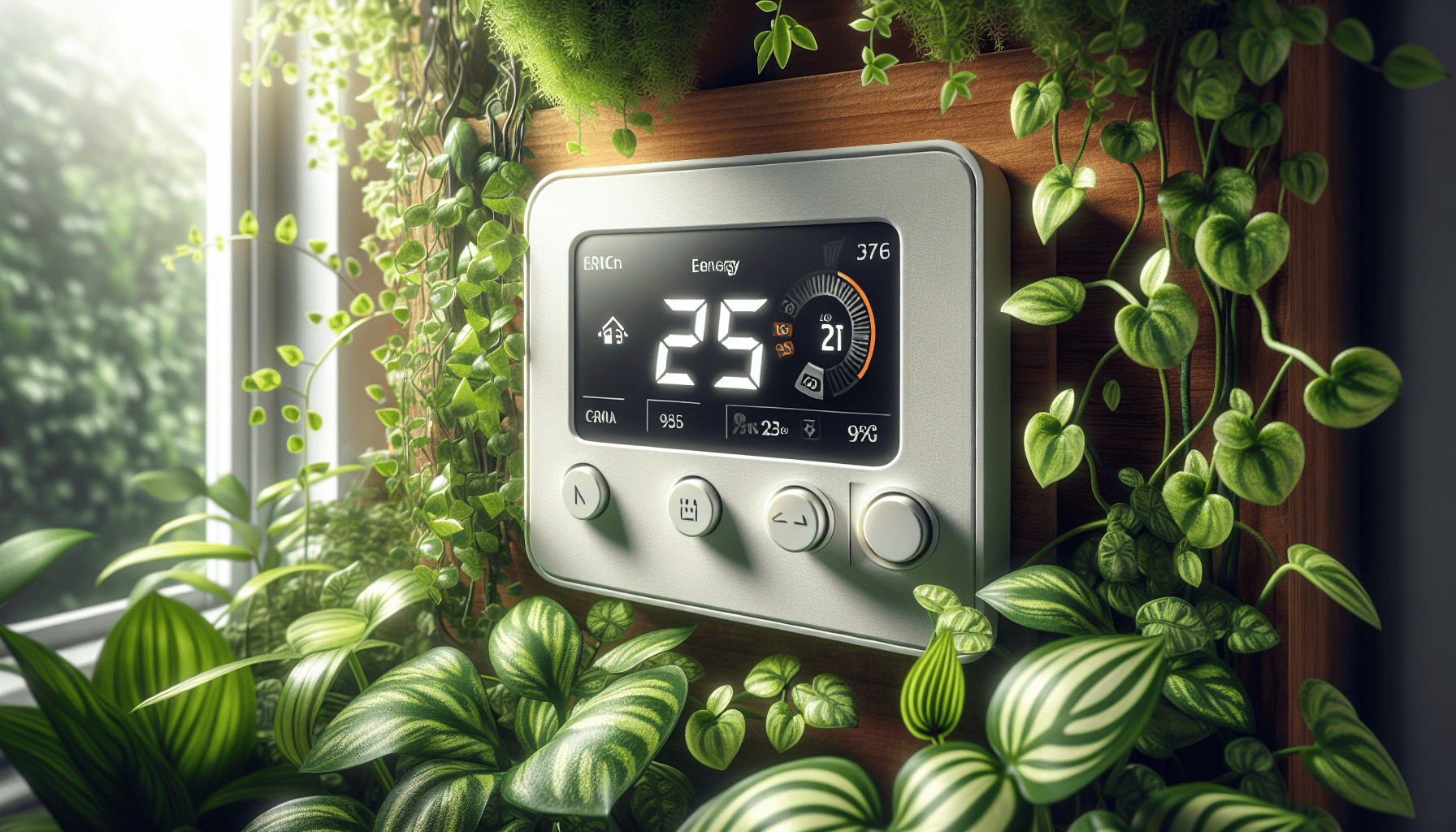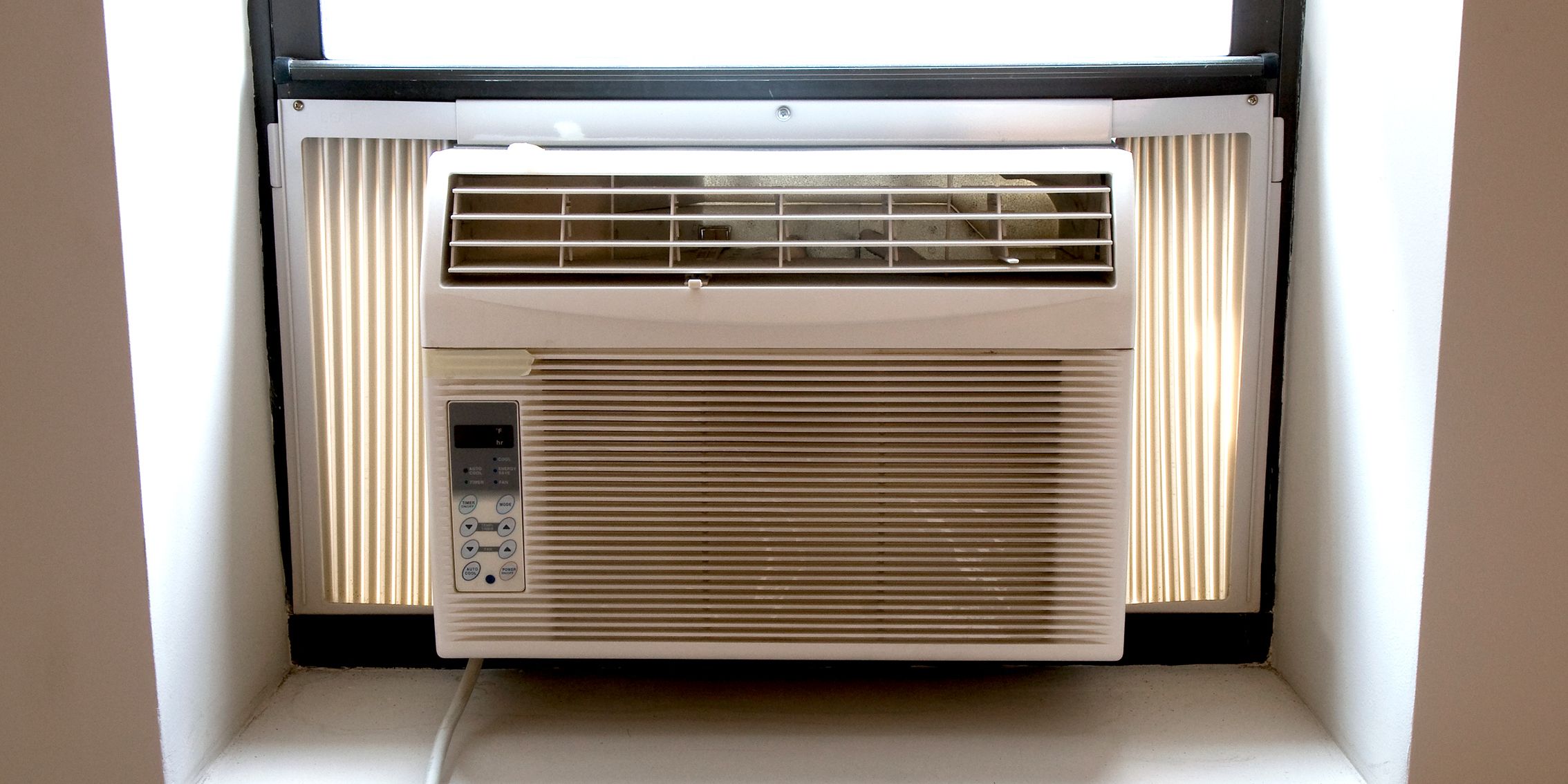Welcome to our article on “Tips For Improving The Energy Efficiency Of Your Air Conditioning System!” In this guide, we will provide you with simple and practical tips to help you save energy and money while keeping your home cool and comfortable. By implementing these tips, you can ensure that your air conditioning system operates at its optimal efficiency, resulting in lower energy bills and reduced environmental impact. Let’s dive in and discover how you can make your air conditioning system more energy-efficient! Have you ever wondered how you can save money on your energy bills while keeping your home cool and comfortable during the hottest months of the year? Your air conditioning system plays a crucial role in maintaining a comfortable indoor environment, but it can also account for a significant portion of your energy costs. In this article, we will discuss various tips and strategies that you can use to improve the energy efficiency of your air conditioning system. By implementing these recommendations, you can reduce your energy consumption, lower your utility bills, and minimize your impact on the environment. Let’s get started!

Schedule Regular Maintenance
Regular maintenance is essential for keeping your air conditioning system running efficiently. By scheduling an annual tune-up with a qualified HVAC technician, you can ensure that your system is clean, properly lubricated, and operating at peak performance. During a maintenance visit, the technician will inspect various components of your air conditioner, such as the air filters, coils, and refrigerant levels. Any issues or inefficiencies can be identified and addressed promptly, preventing more significant problems down the road.
Why is regular maintenance important?
Regular maintenance not only helps your air conditioning system operate more efficiently but also extends its lifespan. By investing in annual tune-ups, you can prevent costly breakdowns, reduce the need for repairs, and maximize the energy efficiency of your system. Think of maintenance as a way to protect your investment and ensure that your air conditioner continues to perform optimally for years to come.
Clean or Replace Air Filters
Dirty or clogged air filters can hinder the airflow of your air conditioning system, forcing it to work harder to maintain your desired indoor temperature. As a result, your system’s energy consumption increases, and your utility bills soar. To prevent this from happening, it is crucial to clean or replace your air filters regularly. Most manufacturers recommend checking your filters every 30 days and replacing them every 60-90 days, depending on your usage and the type of filter you have.
How can dirty air filters affect energy efficiency?
When air filters are dirty or clogged, they restrict the flow of air through your system, causing it to strain to push cooled air into your home. This not only reduces the efficiency of your air conditioner but also leads to higher energy consumption. By cleaning or replacing your air filters regularly, you can improve airflow, reduce strain on your system, and lower your energy bills.
Use a Programmable Thermostat
A programmable thermostat allows you to set different temperature levels for various times of the day, depending on your schedule and preferences. By programming your thermostat to adjust the temperature when you are away from home or asleep, you can save energy and money without sacrificing comfort. For example, you can set your thermostat to a higher temperature during the day when you are at work and lower it before you return home. This way, your air conditioner will not have to work as hard to maintain a comfortable temperature when you are not around.
How can a programmable thermostat help you save energy?
A programmable thermostat can help you save energy by allowing you to set temperatures based on your daily routine. By adjusting the temperature when you are away or sleeping, you can reduce your cooling costs without compromising your comfort. Additionally, programmable thermostats can help you avoid unnecessary energy consumption by ensuring that your air conditioning system runs only when needed.
Seal Leaks and Insulate Your Home
Air leaks and poor insulation can lead to energy loss and decreased efficiency in your air conditioning system. To prevent cold air from escaping your home during the summer months, it is essential to seal any gaps or cracks around windows, doors, and ductwork. Additionally, proper insulation can help maintain a consistent indoor temperature, reduce the workload on your air conditioner, and lower your energy bills.
Why is sealing leaks and insulating your home important?
Sealing leaks and insulating your home can prevent cold air from escaping in the summer and warm air from escaping in the winter. By improving the overall insulation of your home, you can create a more energy-efficient environment and reduce the strain on your air conditioning system. This, in turn, can help you save money on your energy bills and improve the comfort of your home.

Keep Your Vents and Registers Clear
Blocked or obstructed vents and registers can impede the airflow of your air conditioning system, causing uneven cooling and decreased efficiency. To ensure that your system operates at its best, it is crucial to keep your vents and registers clean and unobstructed. Make sure that furniture, drapes, and other objects are not blocking the airflow from your vents, and vacuum or dust them regularly to prevent buildup.
How can clear vents improve energy efficiency?
Clear vents and registers allow air to flow freely throughout your home, ensuring consistent and efficient cooling. When vents are blocked or obstructed, your air conditioning system must work harder to deliver cooled air to all areas of your home, leading to increased energy consumption. By keeping your vents clear and unobstructed, you can improve the overall efficiency of your system and reduce your energy costs.
Utilize Fans to Improve Air Circulation
Ceiling fans and portable fans can help improve air circulation in your home, allowing you to feel cooler without lowering the thermostat setting on your air conditioner. By using fans strategically, you can distribute cool air more effectively, reduce hot spots, and create a more comfortable indoor environment. Additionally, fans can help lower your energy bills by allowing you to raise the temperature on your thermostat while maintaining the same level of comfort.
How can fans help improve air circulation?
Fans create airflow that helps distribute cooled air throughout your home, making it feel cooler and more comfortable. By using fans in conjunction with your air conditioning system, you can improve air circulation, prevent hot spots, and reduce the workload on your air conditioner. This can help you save energy and money while ensuring that your home remains cool and comfortable during the summer months.
Consider Installing a Smart Thermostat
Smart thermostats are intelligent devices that can learn your heating and cooling preferences, adjust to your schedule, and optimize your energy use. By installing a smart thermostat, you can take advantage of advanced features such as geofencing, remote control, and energy usage reports. These features can help you save energy, reduce your carbon footprint, and make your home more comfortable and convenient.
How can a smart thermostat help you save energy?
Smart thermostats can help you save energy by learning your habits and adjusting your temperature settings accordingly. By using features like geofencing and remote control, you can ensure that your home is always at the optimal temperature for your comfort and convenience. Additionally, smart thermostats can provide energy-usage reports that help you understand your consumption patterns and identify opportunities for improvement.
Upgrade to a High-Efficiency Air Conditioning System
If your current air conditioning system is old, outdated, or inefficient, consider upgrading to a high-efficiency model. Newer air conditioners are designed to be more energy-efficient, using advanced technologies and features to cool your home while consuming less power. Although the initial cost of upgrading may be a significant investment, the long-term savings on your energy bills and the improved comfort in your home make it a worthwhile decision.
Why should you consider upgrading to a high-efficiency air conditioning system?
High-efficiency air conditioning systems offer several benefits, including lower energy bills, improved comfort, and reduced environmental impact. By upgrading to a newer model, you can take advantage of advanced features that optimize your energy use and enhance your indoor environment. Additionally, high-efficiency systems are more reliable, require less maintenance, and have a longer lifespan than older units, making them a cost-effective and sustainable choice.
Conclusion
Improving the energy efficiency of your air conditioning system is not only beneficial for your wallet but also for the environment. By implementing the tips and strategies outlined in this article, you can reduce your energy consumption, lower your utility bills, and create a more comfortable indoor environment. Whether you schedule regular maintenance, clean or replace air filters, use a programmable thermostat, seal leaks, keep your vents clear, utilize fans, install a smart thermostat, or upgrade to a high-efficiency system, there are various ways to improve the efficiency of your air conditioner. Remember, small changes can add up to significant savings over time. Start implementing these tips today, and enjoy a cool, comfortable, and energy-efficient home all summer long.





